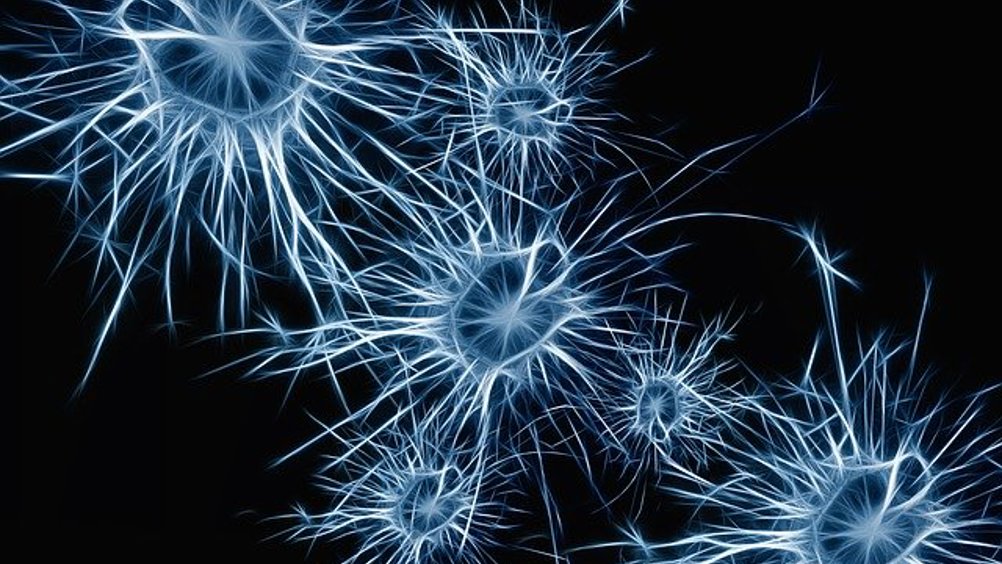Artificial neurons hailed as major breakthrough
An international team led by Bath University has made what’s claimed to be a significant breakthrough, creating artificial neurons on microchips.

The research, which has major implications for medical science, began with mathematical modelling to explain how neurons respond to electrical stimuli from other nerves. They then designed silicon chips that accurately modelled biological ion channels, before proving that their artificial neurons precisely mimicked real, living neurons responding to a range of stimulations. Published in Nature Communications, the work could lead to new types of treatments for conditions ranging from heart failure to Alzheimer’s.
Home-based technology for dementia care
Brain implant electrode material shows MRI compatibility
“Until now neurons have been like black boxes, but we have managed to open the black box and peer inside,” said research lead Professor Alain Nogaret, from Bath University's Department of Physics. “Our work is paradigm-changing because it provides a robust method to reproduce the electrical properties of real neurons in minute detail.
“But it’s wider than that, because our neurons only need 140 nanoWatts of power. That’s a billionth the power requirement of a microprocessor, which other attempts to make synthetic neurons have used. This makes the neurons well suited for bio-electronic implants to treat chronic diseases.
Register now to continue reading
Thanks for visiting The Engineer. You’ve now reached your monthly limit of news stories. Register for free to unlock unlimited access to all of our news coverage, as well as premium content including opinion, in-depth features and special reports.
Benefits of registering
-
In-depth insights and coverage of key emerging trends
-
Unrestricted access to special reports throughout the year
-
Daily technology news delivered straight to your inbox










Water Sector Talent Exodus Could Cripple The Sector
Maybe if things are essential for the running of a country and we want to pay a fair price we should be running these utilities on a not for profit...